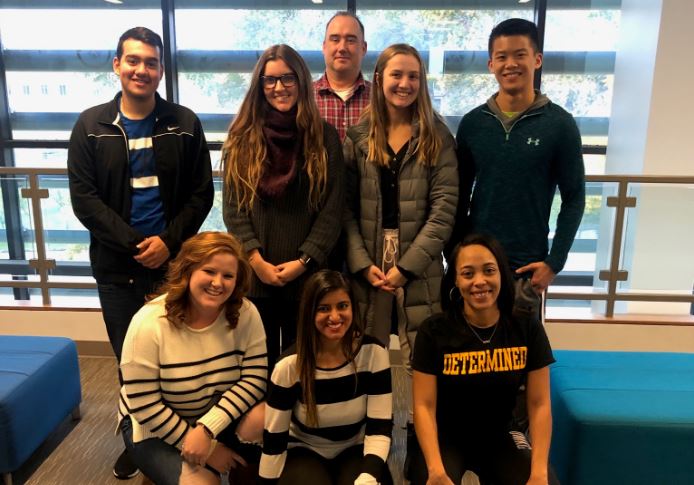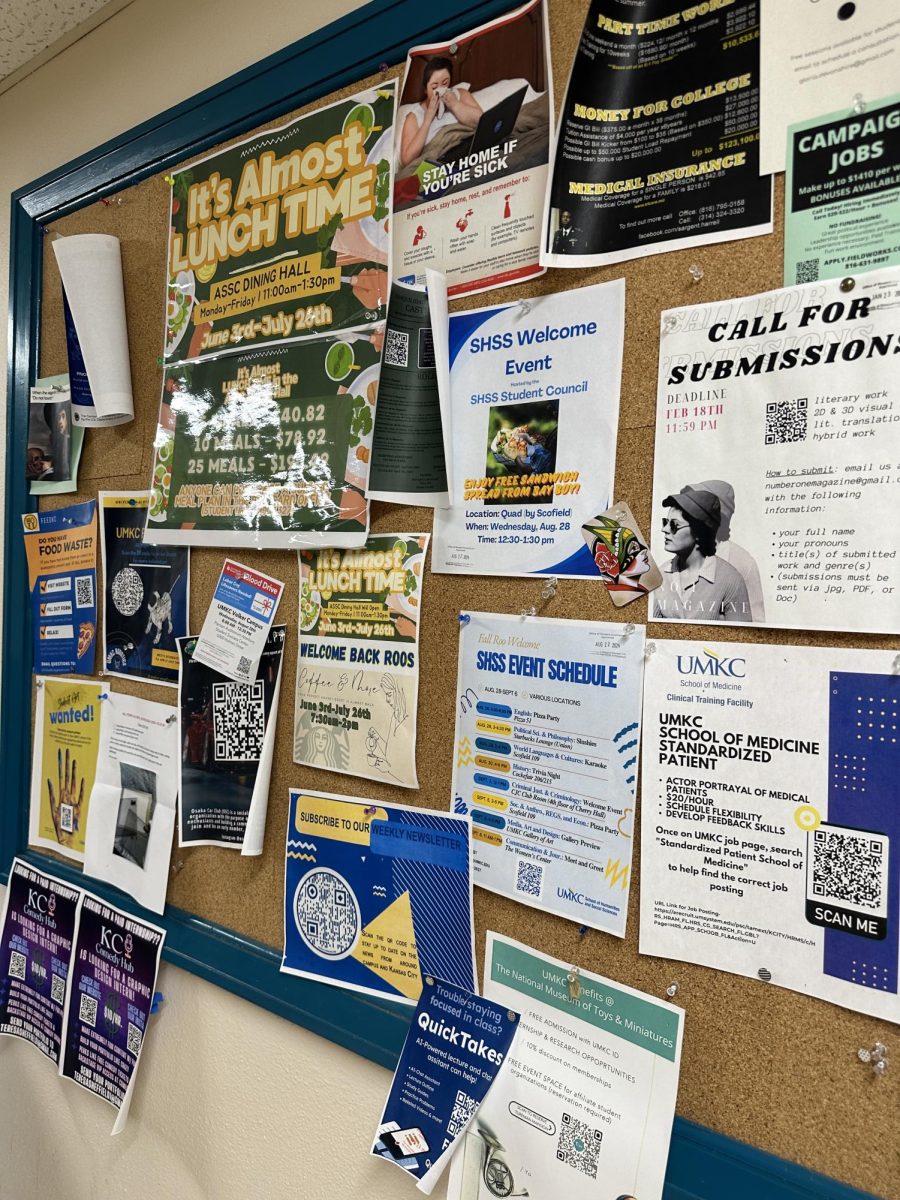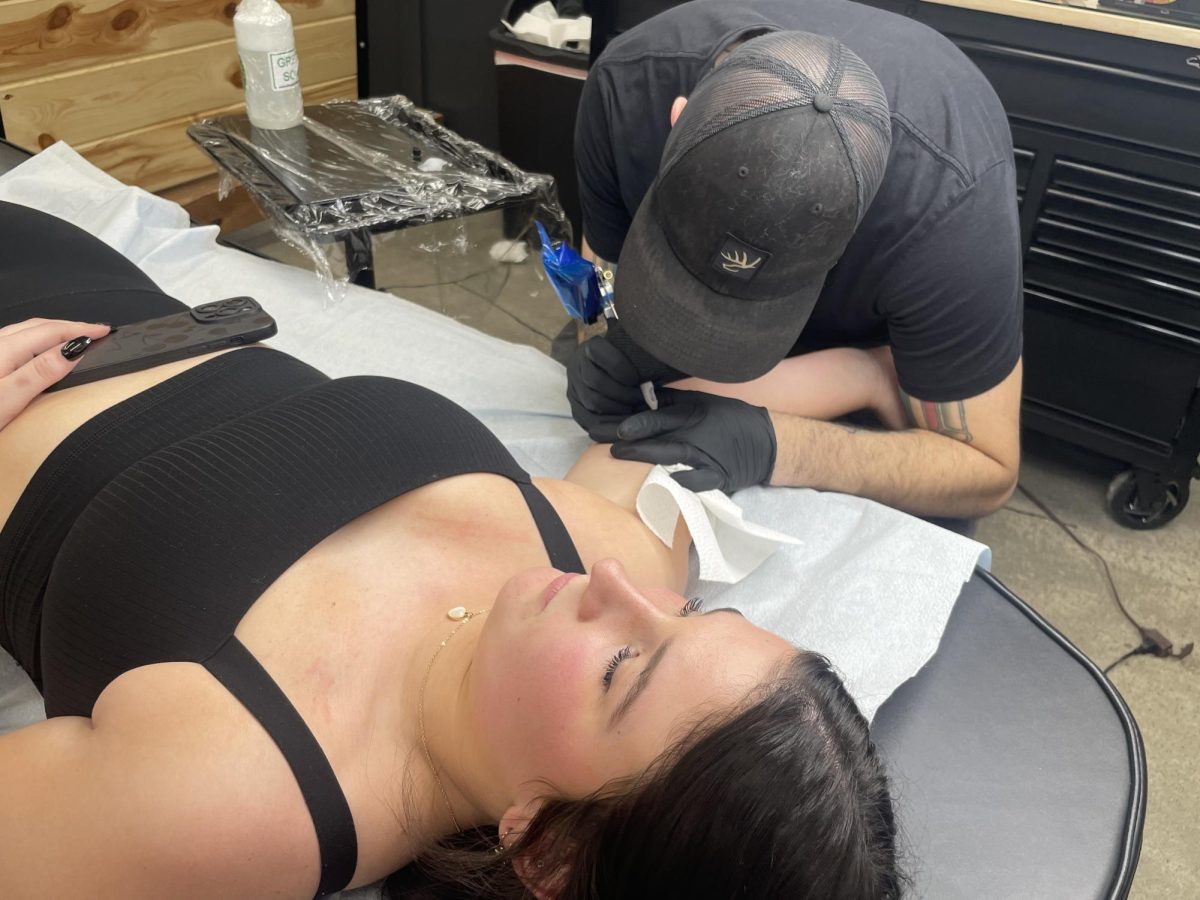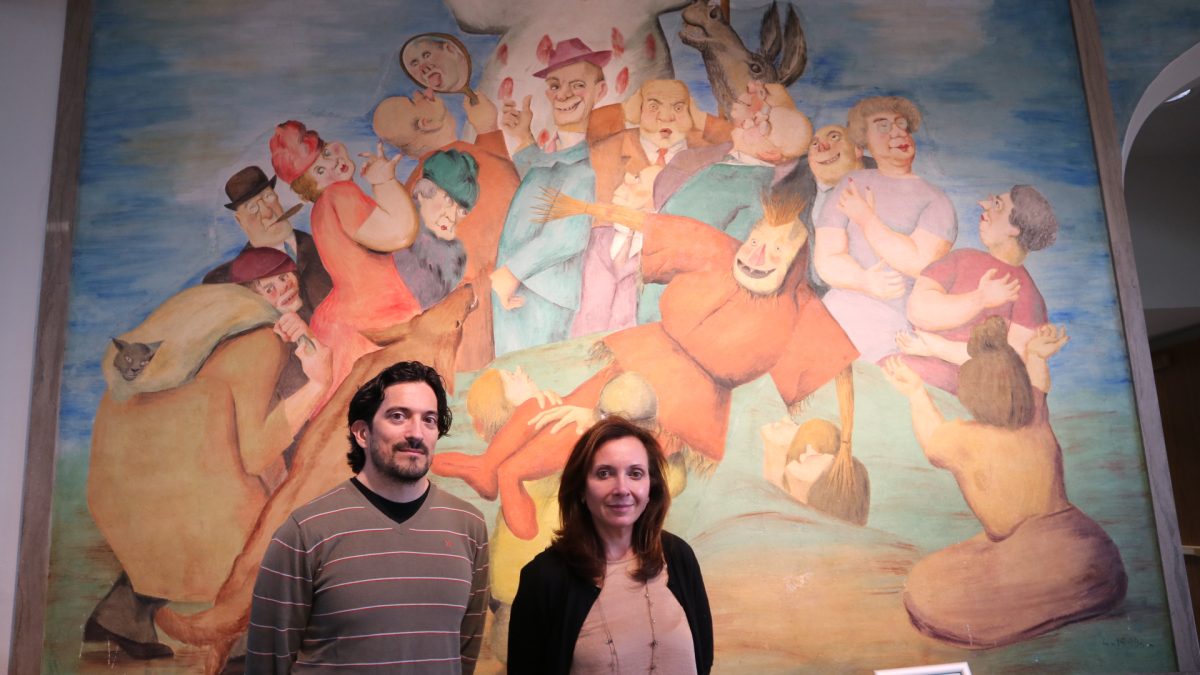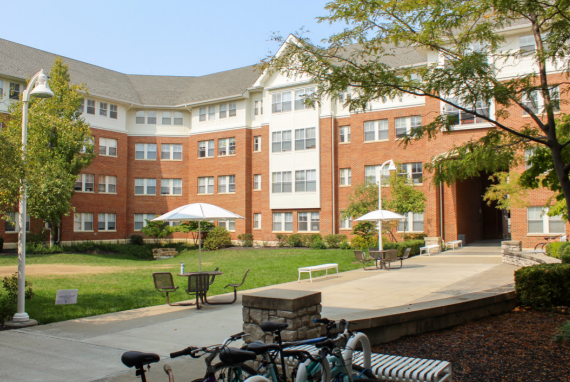When the phrase “UMKC parking” is uttered, most of us have some pretty afflictive feelings associated with it.
It’s time-consuming, hard to come by, and most of all, expensive. Students, faculty and staff have had a long-standing struggle with accessibility, availability and affordability of UMKC parking.
Thankfully, there is a class at UMKC that gives students a means to confront social problems by creating real change on campus, or in the surrounding community.
That class is Anchor H399 Special Topics, and one group concluded parking was a social problem worth tackling.
Nida Ali, group leader and a junior majoring in psychology and Spanish, has worked on this issue since the beginning of classes this fall.
“Our mission is to reduce the cost of parking, and if we can’t have that, we want to improve the parking situation to the best of our ability here at UMKC,” Ali said.
The entire team wanted a well-rounded argument to bring to officials, one that all group members were passionate about.
Jessica Neely, a senior majoring in sociology and criminology, agreed to improve parking with her team due to the experiences she’s faced while attending this university.
“I know I thought of it and wrote my proposal on it, because it irritates and frustrates me to know I’ve been dealing with it when I’ve been coming off and on this campus for almost 10 years,” Neely said.
Students made sure all parties were considered when they began this project.
“We weren’t just coming at it from a student perspective, we recognize the cost the faculty pays, as well,” Neely said.
Members wish to allocate faculty spots that go unused after certain hours to students at a different price than the current 24-hour parking permit. This proposition could potentially reduce the cost of parking for students.
Anchor H399 group members also propose improved clear signage of all parking lots, including those reserved for the faculty and staff.
Steven Melling, assistant teaching professor for the College of Arts and Sciences at UMKC provides insight into possible recommendations for parking.
“UMKC utilizes a good deal of adjunct professors,” Melling said. “These adjuncts might only teach one class at UMKC, yet they are still required to purchase a prorated parking pass.”
Melling believes waving the parking fees for these professors would be a step in the right direction.
Group members headed their project with a tabling event at the Student Union last month. Their goal was to gather many student signatures to show officials that parking is a social problem on campus. They received over 80 signatures in just under one hour.
Ali and her group have also voiced their concerns to the UMKC Parking Committee, as well as gathered data from the director of parking.
“Based on what I have heard from students, it seems like there is a need to reduce congestion in the parking structures,” Melling said. “It might be helpful to implement technology that lets students know how many spots are available on upper levels of a parking structure.”
Whether this group takes steps to reduce parking costs, improve signage or increase the availability of parking as a whole, any victory should be celebrated if it improves the quality of student and faculty life here on campus.
svsrb7@mail.umkc.edu


